I started working in an export department in 1977, when for most Italian and European manufacturers the word "export" referred only to western European countries. Nevertheless, I succeeded in exporting "services" (not "goods") not only to Europe, but also to Iran. At that time I worked in the bookbinding industry. The Iranian customer sent us the printed flat sheets of books and we bound them. It was expensive for him, but he wanted a top quality finish, because his own customer was the Shah of Iran, Reza Pahlavi. This take-off in export marked my mentality. I didn't negotiate on the basis of price but of something our Iranian competitors couldn't offer. In the 1980s I worked for a Swiss group manufacturing the first biological insulating panels, made of wood fibre, for the building industry. We exported them to many EU countries. This called for heavy investment in promotion, because the products were 10 to 15 per cent more expensive than synthetic panels.We faced fierce competition from the eastern Soviet countries such as Poland, Bulgaria, Romania and the Czech Republic. Their manufacturers photocopied our instructions for use and printed the advertising leaflet using our own advertisement, offering the same products 20 to 30 per cent cheaper. The Swiss company reacted swiftly by creating an "advisory" team composed of engineers, architects and technicians whose goal was to help customers find the best solution for building a house. In many cases they did the plans and drawings of the building, free of charge, of course.I must say that I have worked with very clever managers. The name of the industrial bookbinder is Lego, and I had the pleasure of working with Giulio Olivotto. You can visit the company's website www.legolivotto.com and read its story. The name of the Swiss company is Pavatex, www.pavatex.ch, and I had the pleasure of working with Thomas Hässig, who is still there as the sales and marketing director.Both companies have never moved from their countries and at present still manufacture everything at their facilities. Recently, somebody added the adjective "global" to the word "competition". The competition sounds much harder, much stronger and extremely difficult - in some cases it sounds like a killer of small businesses. Incompetence and lack of management In Italy, due to incompetence, inefficiency, ineptitude and a total lack of management, many companies close or dramatically reduce…

What makes the difference
I started working in an export department in 1977, when for most Italian and European manufacturers the word "export" referred only to western European countries. Nevertheless, I succeeded in exporting "services" (not "goods") not only to Europe, but also to Iran. At that time I worked in the bookbinding industry. The Iranian customer sent us the printed flat sheets of books and we bound them. It was expensive for him, but he wanted a top quality finish, because his own customer was the Shah of Iran, Reza Pahlavi. This take-off in export marked my mentality. I didn't negotiate on the basis of price but of something our Iranian competitors couldn't offer. In the 1980s I worked for a Swiss group manufacturing the first biological insulating panels, made of wood fibre, for the building industry. We exported them to many EU countries. This called for heavy investment in promotion, because the products were 10 to 15 per cent more expensive than synthetic panels.We faced fierce competition from the eastern Soviet countries such as Poland, Bulgaria, Romania and the Czech Republic. Their manufacturers photocopied our instructions for use and printed the advertising leaflet using our own advertisement, offering the same products 20 to 30 per cent cheaper. The Swiss company reacted swiftly by creating an "advisory" team composed of engineers, architects and technicians whose goal was to help customers find the best solution for building a house. In many cases they did the plans and drawings of the building, free of charge, of course.I must say that I have worked with very clever managers. The name of the industrial bookbinder is Lego, and I had the pleasure of working with Giulio Olivotto. You can visit the company's website www.legolivotto.com and read its story. The name of the Swiss company is Pavatex, www.pavatex.ch, and I had the pleasure of working with Thomas Hässig, who is still there as the sales and marketing director.Both companies have never moved from their countries and at present still manufacture everything at their facilities. Recently, somebody added the adjective "global" to the word "competition". The competition sounds much harder, much stronger and extremely difficult - in some cases it sounds like a killer of small businesses. Incompetence and lack of management In Italy, due to incompetence, inefficiency, ineptitude and a total lack of management, many companies close or dramatically reduce…

 Menü
Menü

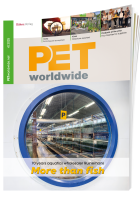




 3-4/2007
3-4/2007
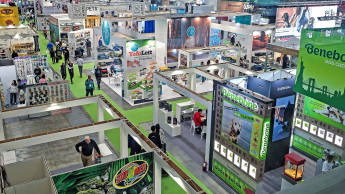

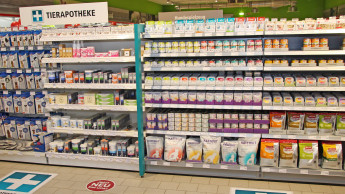
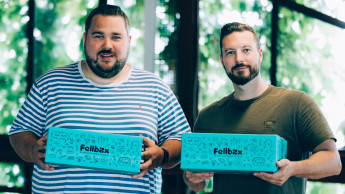
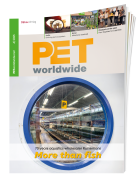
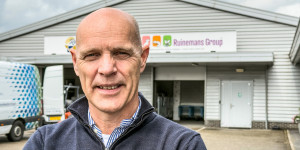
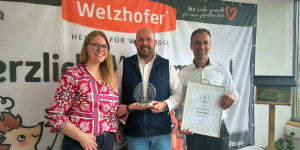


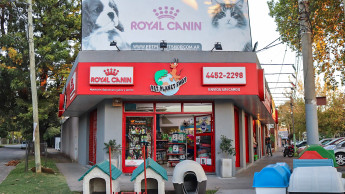
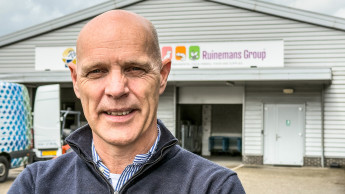
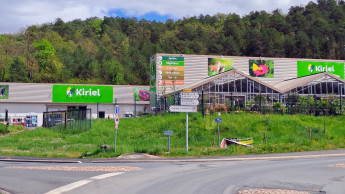
 Newsletter
Newsletter